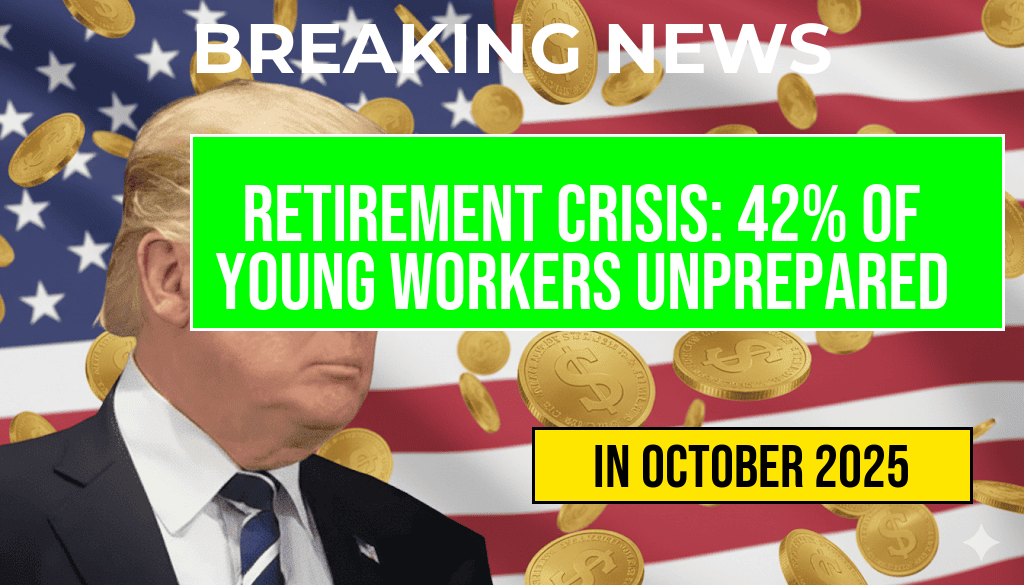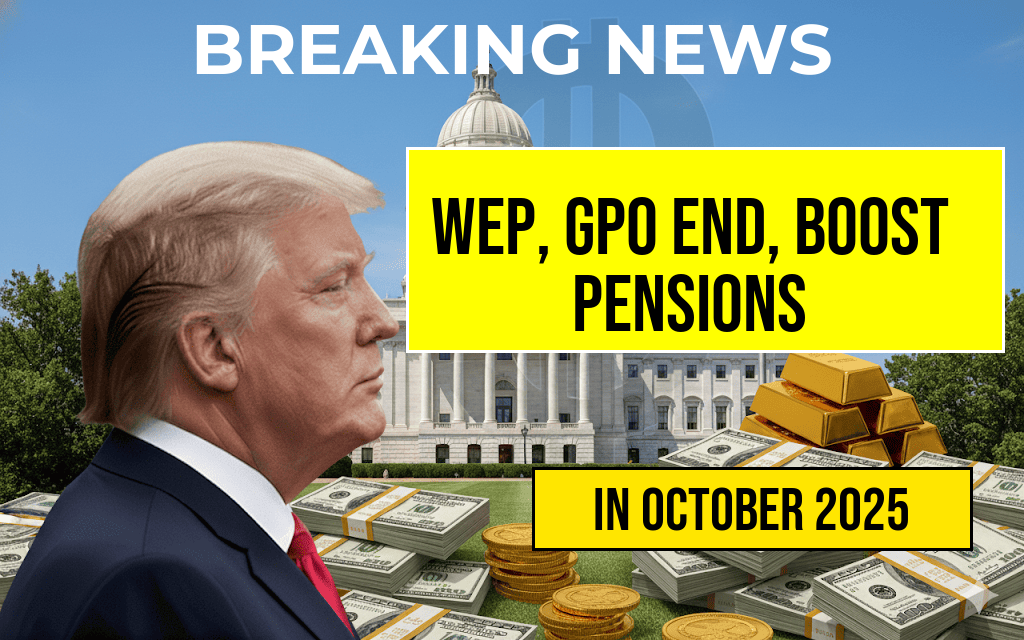The government has announced an extension of the free TV licence scheme through 2025, ensuring that eligible households can continue to access public broadcasting without additional costs. This move aims to support low-income seniors and vulnerable populations, reaffirming commitments to social equity and digital inclusion. The extension applies to households that already qualify under the existing criteria, primarily those over 75 years of age or receiving specific benefits. The Department of Digital, Culture, Media, and Sport (DCMS) emphasized that the scheme will remain largely unchanged, with the government allocating funding to sustain free licences for qualifying households for the next two years. This decision comes amid ongoing debates about the sustainability of public broadcasting funding and the role of government support in ensuring equitable access to media and information sources.
Who Qualifies for the Extended Free TV Licence?
The extension primarily benefits households that meet the criteria established under the current scheme. Qualifying individuals include:
- People aged 75 and over who are residents in the UK and hold a valid TV licence.
- Recipients of Pension Credit and certain other income-related benefits.
- Care home residents eligible for the scheme, provided their care home arrangements meet specific criteria.
- Individuals residing in residential homes with a TV licence paid for by the provider.
Those who do not meet these criteria must continue to pay for their TV licences, which cost £159 annually as of 2023. The government has clarified that the extension does not include new eligibility categories or expanded coverage, focusing instead on maintaining existing support levels.
How to Check Your Eligibility
Residents who believe they qualify can verify their status through the official government portal or by contacting the TV Licensing authority directly. The process typically involves providing proof of age or benefit entitlement. To streamline the process, the government has streamlined online applications and increased outreach efforts to ensure vulnerable groups are aware of their rights and the extension.
| Criteria | Description |
|---|---|
| Age | 65+ or 75+ (depending on circumstances) |
| Benefit Receipt | Pension Credit, Income Support, or similar benefits |
| Residence | UK resident in a qualifying setting |
| Application Process | Online verification or contact with TV Licensing |
Funding and Policy Implications
The government has allocated approximately £700 million to sustain the free licence scheme through 2025, a figure that reflects ongoing commitments to public broadcasting and social welfare. This funding strategy has been met with both support and criticism from various stakeholders. Supporters argue that free access supports cultural engagement and reduces digital inequalities, especially for seniors who rely heavily on television as a primary information source. Critics, however, question the long-term sustainability of subsidizing licenses and suggest exploring alternative funding models for public broadcasters.
Officials from DCMS have indicated that the continuation aligns with broader policy goals to promote social inclusion and ensure that vulnerable groups are not excluded from essential media services. The government also emphasized that the scheme’s extension is a temporary measure, with ongoing reviews to assess future funding options and potential reforms.
Public Response and Next Steps
Many eligible residents welcomed the news, viewing the extension as a recognition of the importance of accessible public media. Advocacy groups for seniors and low-income families have called for clearer communication and streamlined application processes to maximize outreach. Meanwhile, some opposition voices advocate for a more comprehensive review of media funding to adapt to changing consumption habits and technological developments.
The government plans to publish detailed guidance on eligibility and application procedures in the coming weeks. Additionally, there will be targeted outreach campaigns to ensure that all qualifying households are aware of their continued access to free licences and can navigate the renewal process without difficulty.
For more information on eligibility and how to apply, residents can visit the official TV Licensing website or consult the Wikipedia page for background on TV licensing policies.
Frequently Asked Questions
Who is eligible for the free TV licence extension in 2025?
Eligible individuals include those aged 75 and over who meet specific income criteria and are residents of the country. Check the official government guidelines to confirm your eligibility.
How can I apply for the free TV licence extension?
You can apply online through the official government website or contact the designated offices directly. Ensure you have all necessary proof of eligibility ready before submitting your application.
When will the free TV licence extension be valid?
The extension is valid for the year 2025. If you qualify, you will receive the free TV licence coverage throughout this period, with updates communicated by the relevant authorities.
What documentation do I need to prove my eligibility?
Applicants typically need to provide proof of age, residency, and income details. Specific requirements may vary, so consult the official guidelines for the complete list of necessary documents.
Are there any restrictions or exceptions to the free TV licence extension?
Yes, certain restrictions apply, such as eligibility criteria related to income or residence status. Additionally, individuals receiving other specific benefits may not qualify. Review the official criteria to see if you meet all the requirements.






